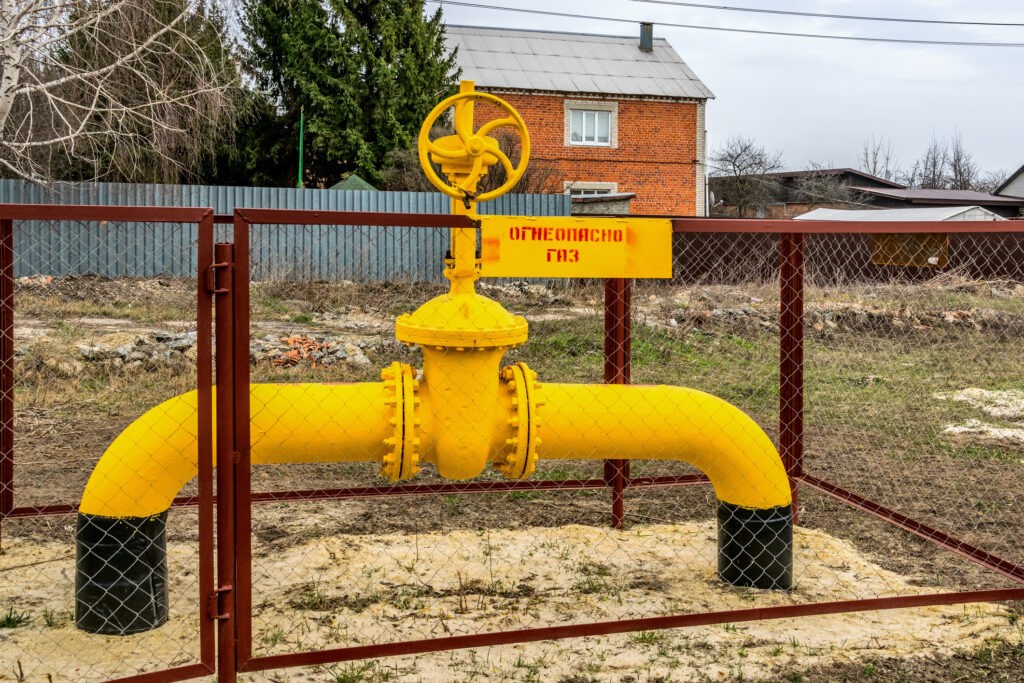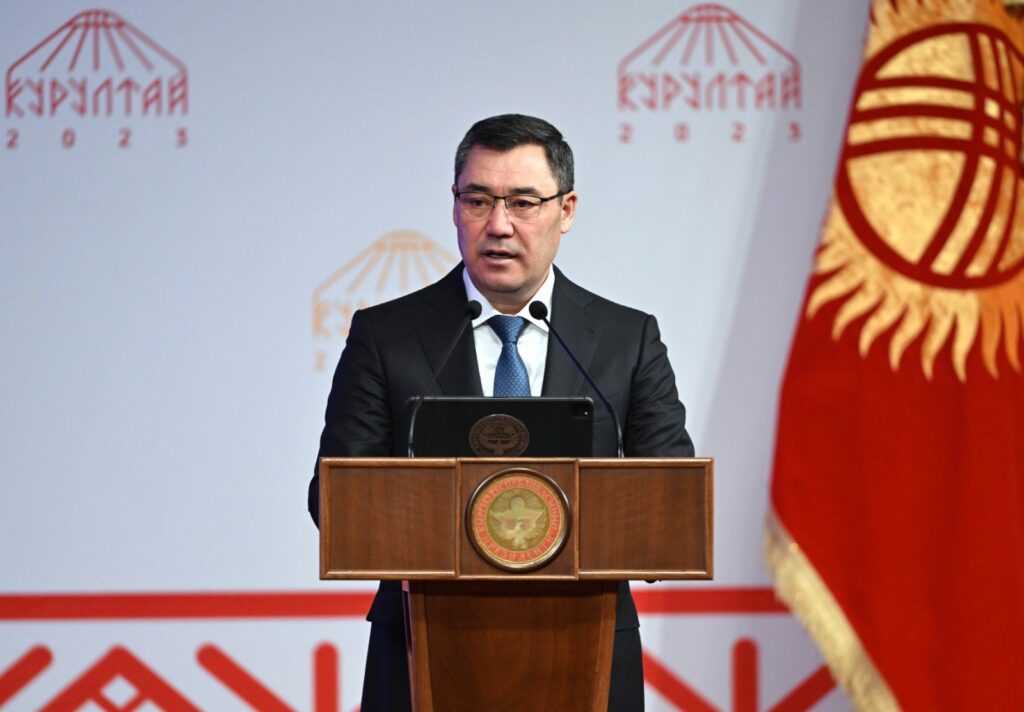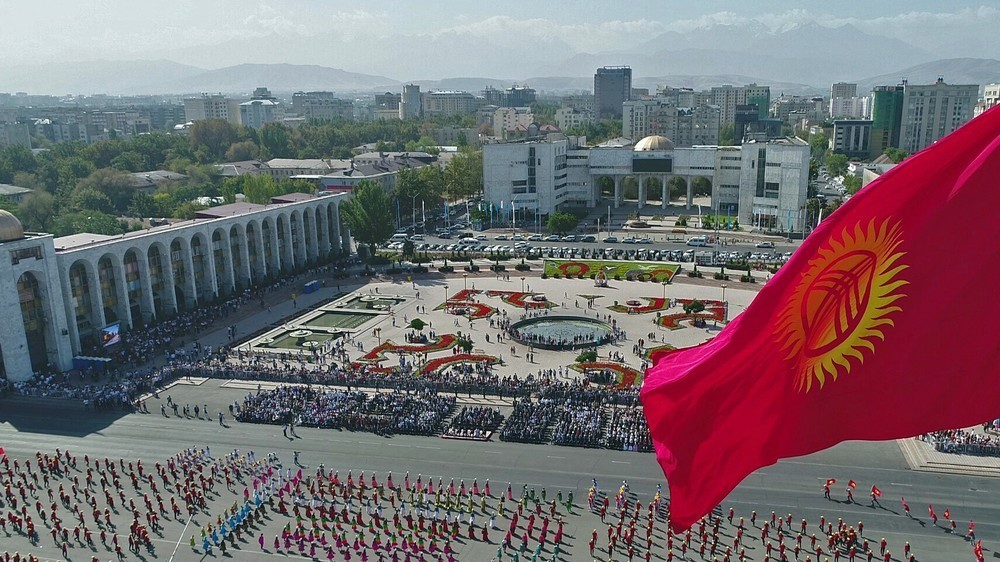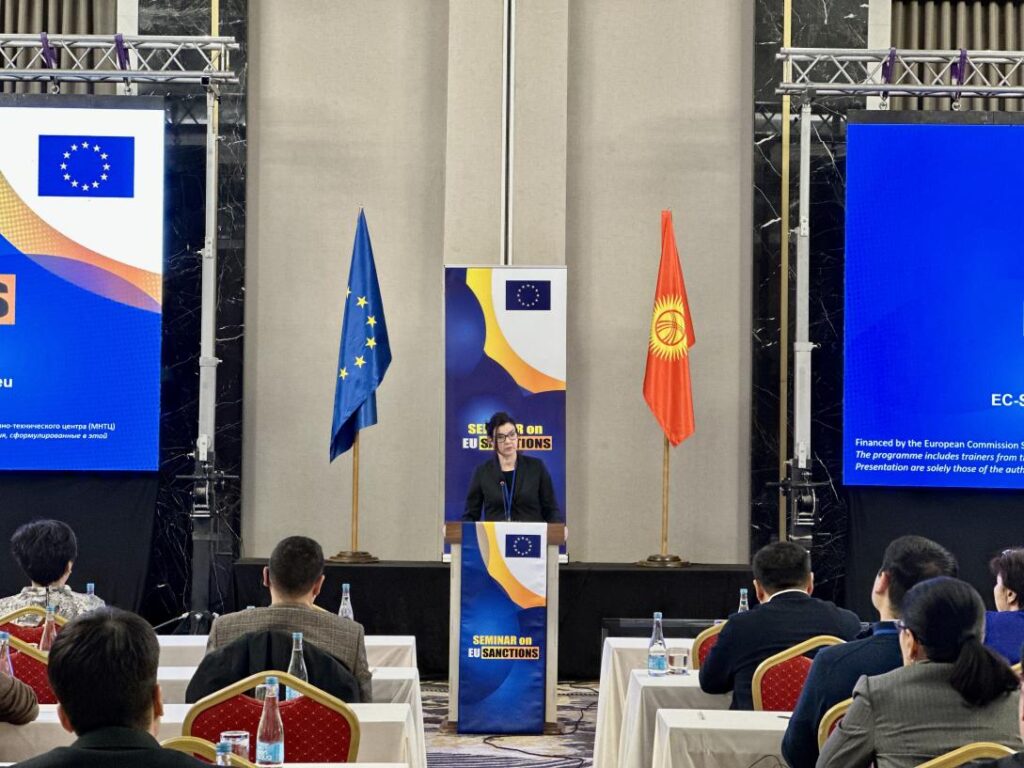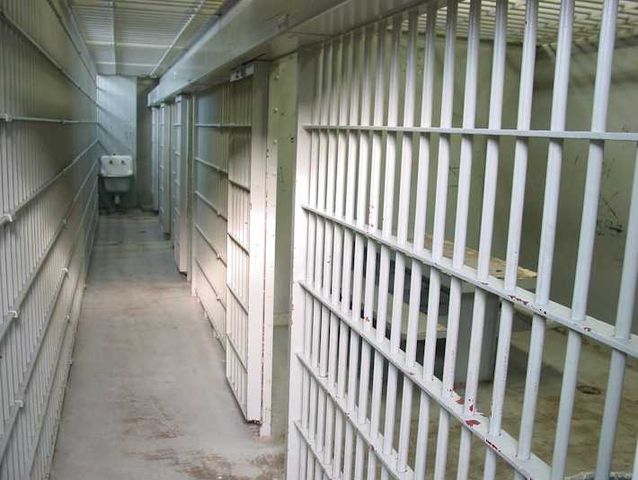Kyrgyzstan Wins ICC Case Against Kazakh State Gas Company
Officials at the International Chamber of Commerce's (ICC) International Court of Arbitrations in Paris, France, have ruled unanimously ruled in favor of the Kyrgyz Republic in a case brought by Kazakhstan's state natural gas company QazaqGaz that sought $35 million, according to the Ministry of Justice of the Kyrgyz Republic. The Kazakh company's claim was filed in 2020. QazaqGaz had originally sought $35 million during the arbitration proceedings, but later reduced its claims to $15 million by waiving its claim to lost profit. The claims against the Kyrgyz government were based on "expropriation and other violations of the claimant's rights." In 2004, QazaqGaz, together with the Kyrgyz national gas operator, JSC Kyrgyzgaz, established a joint venture (JV) for the purpose of modernizing and operating the Kyrgyz section of the Bukhara-Tashkent-Bishkek-Almaty gas trunk-line. Under the agreement, the Kyrgyz gas operator transferred its share of the gas pipeline to the new JV. The investment agreement called for pipeline modernization, but later the contract was terminated by mutual consent. The Kazakh company then made claims based on three legal instruments: the Kyrgyz-Kazakh intergovernmental agreement on the promotion and protection of investments; the International Energy Charter, which includes substantive guarantees for the protection of foreign investments; and the Kyrgyz Republic's law on investments, which protects investors coming into the country. "The arbitration tribunal agreed with the Kyrgyz Republic's argument on the expiration of the statute of limitations on the plaintiff's claims arising from the Law on Investments in the Kyrgyz Republic and considered them inadmissible," the Kyrgyz Ministry of Justice said in a statement. It's worth noting that according to Kyrgyz law, the statute of limitations is three years from the moment the claimant discovered the violation of their rights. The International Arbitration Court rejected the claim on two other legal instruments. According to the Kyrgyz Ministry of Justice, the arbitration panel agreed with the defendant's argument that the actions of Kyrgyzgaz - which allegedly violated the rights of the plaintiff - cannot be attributed to the Kyrgyz Republic under the rules of international law on state responsibility. Therefore, the Kyrgyz Government cannot be held liable for the actions of Kyrgyzgaz in allegedly wrongfully terminating the contract. The International Arbitration Court ordered the Kazakh company to reimburse the Kyrgyz side for 60% of its arbitration costs. The decision can be appealed within one month. KyrgyzGaz is now called Gazprom Kyrgyzstan, and is owned by the Russian state gas company.


